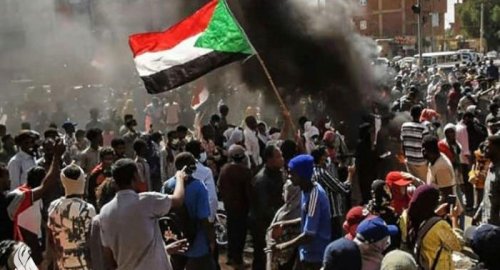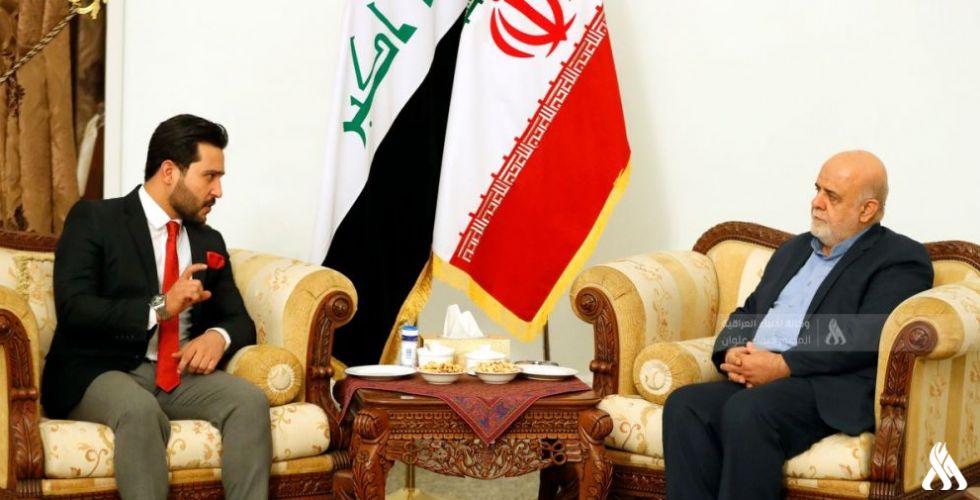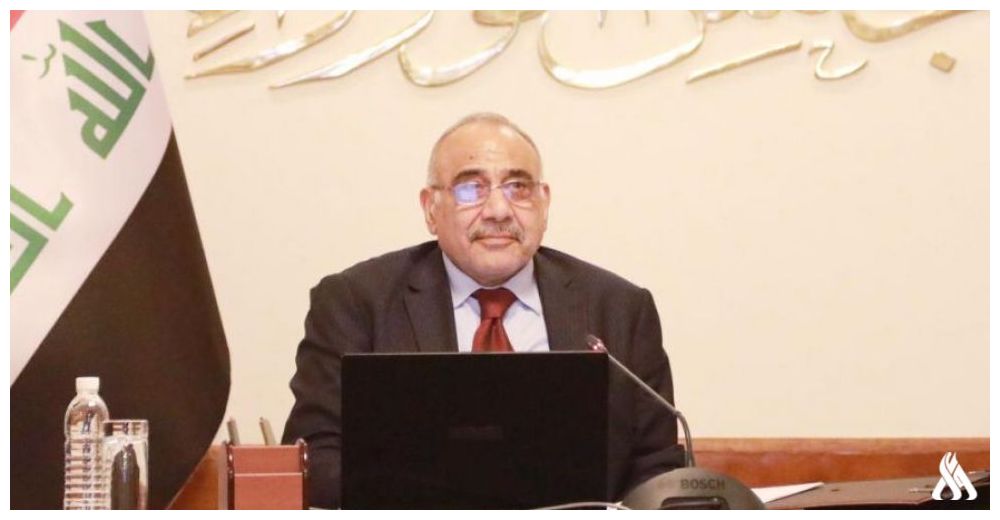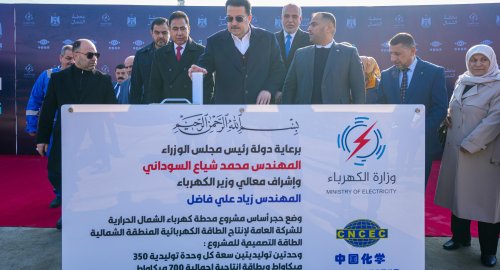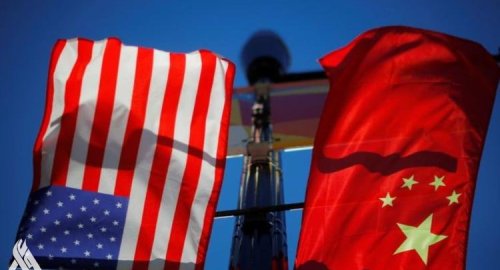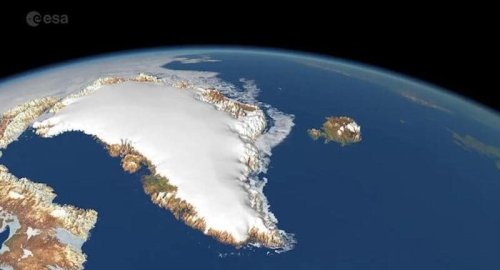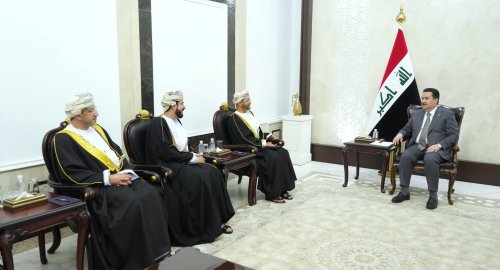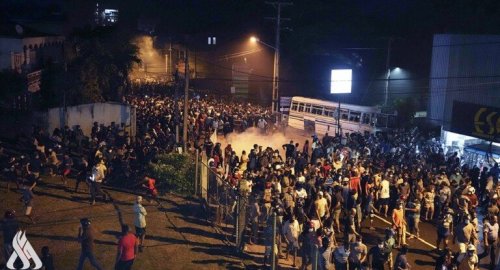
Sri Lanka imposes curfew after protests over economic crisis turn violent

- 1-04-2022, 09:44
INA- sources
Police imposed an overnight curfew in several parts of Sri Lanka's main city of Colombo early on Friday after protests over the government's handling of the country's worst economic crisis in decades turned violent, an official said.
Hundreds of protesters gathered near President Gotabaya Rajapaksa's private residence in a Colombo suburb late on Thursday and were broken up by police using tear gas and water cannons, a Reuters witness said.
Protesters, some clad in motorcycle helmets, dismantled a wall and hurled bricks at police, before setting a bus alight on a road leading to Gotabaya's residence, the Reuters witness said.
The island of 22 million people is experiencing rolling blackouts for up to 13 hours a day because the government does not have enough foreign exchange for fuel imports.
The International Monetary Fund (IMF) will initiate discussions with Sri Lankan authorities on a possible loan programme in coming days, a spokesman said on Thursday, as the government looks for a way out of the crisis.
The government is turning off street lights to save electricity, Power Minister Pavithra Wanniarachchi told reporters, as a continuing shortage of diesel brought more power cuts and halted trading on the main stock market.
The power cuts add to the pain of Sri Lankans already dealing with shortages of essentials and rocketing prices.
Retail inflation hit 18.7% in March over the same period a year ago, the statistics department said on Thursday. Food inflation reached 30.2% in March, partly driven by a currency devaluation and last year's ban on chemical fertilisers that was later reversed.
Inflation was at its worst level in a over a decade, said Dimantha Mathew of First Capital Research.
A diesel shipment under a $500 million credit line from India was expected on Saturday, Wanniarachchi said, though she added that would not fix the issue.
"Once that arrives we will be able to reduce load shedding hours but until we receive rains, probably some time in May, power cuts will have to continue," she said.
"There's nothing else we can do."
Water levels at reservoirs feeding hydro-electric projects had fallen to record lows, while demand had hit record highs during the hot, dry season, she said.
Al-Sudani launches construction of North Thermal Power Plant
- politics
- 12:03
PM Al-Sudani arrives in Nineveh
- politics
- 10:17
China Says It 'Firmly Opposes' US Military Aid To Taiwan
- International
- 07:36
First joint picture of Greenland Ice Sheet melting, ESA
- Multimedia
- 09:28
US Central Command: We killed ISIS terrorist leader Abu Yusuf in Syria
- International
- 24/12/20
Liverpool compete with Real Madrid to sign Olympique Lyonnais star
- Security
- 24/12/19
ISC, ADX discuss Strengthening Economic Ties
- Economy
- 24/12/16
Iraq assumes presidency of Arab Investment Company’s Executive Board
- Economy
- 24/12/17
